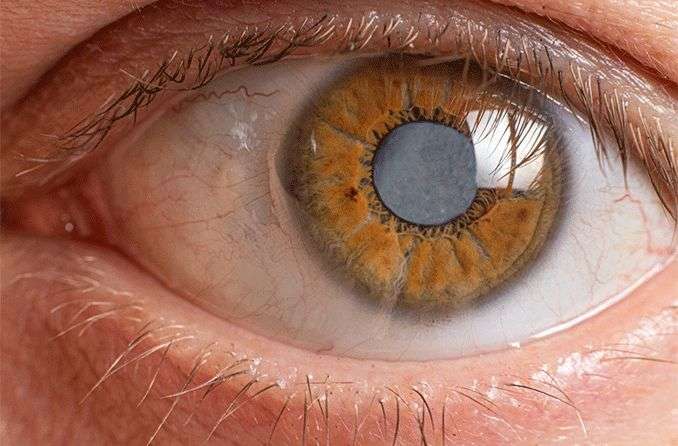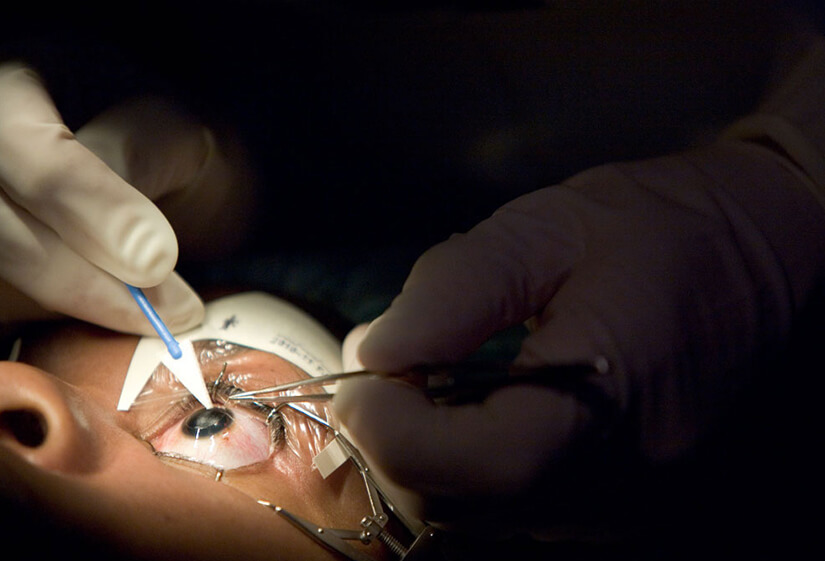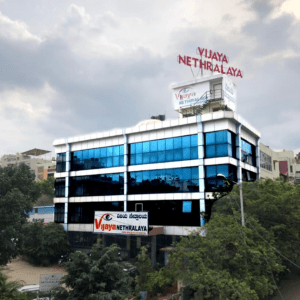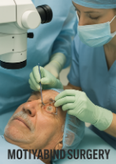Introduction
Cataract surgery is one of the most commonly performed and highly successful procedures worldwide. However, many patients worry about the pain they might experience during recovery. The good news? Cataract surgery recovery is generally not painful, but mild discomfort is common. How painful is recovery from cataract surgery Let’s explain what you can expect and how to manage discomfort.
Understanding Cataract Surgery
What Is Cataract Surgery?
Cataract surgery is a procedure to remove a cloudy lens from the eye and replace it with an artificial one. This helps restore clear vision and significantly improves quality of life.
How the Procedure Works
The surgery typically takes about 10–15 minutes per eye. It is performed under local anesthesia, meaning you’ll be awake but won’t feel pain during the procedure.
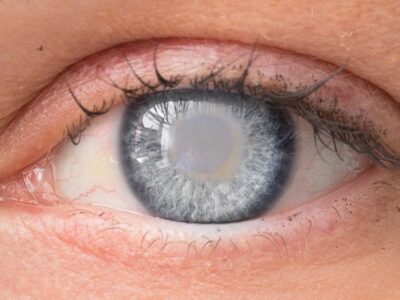
Types of Cataract Surgery
- Phacoemulsification (Phaco): The most common method, using ultrasound waves to break up the cataract before removal.
- Extracapsular Cataract Extraction (ECCE): Used for more advanced cataracts, involving a larger incision.
- Laser-Assisted Cataract Surgery: Uses laser technology for precision and faster healing.

What to Expect Immediately After Surgery
Sensations After the Procedure
Once the anesthesia wears off, some patients report mild discomfort, itching, or a gritty sensation in the eye. However, severe pain is rare.
Use of Anesthesia and Its Effects
Since local anesthesia is used, you won’t feel pain during surgery. Some patients may experience mild soreness as the numbing effect fades.
Immediate Post-Surgery Discomfort Levels
- First few hours: Mild irritation or sensitivity to light
- Day 1: Slight scratchy feeling but no severe pain
- First few days: Discomfort subsides with proper care
Is Cataract Surgery Recovery Painful?
Most patients describe recovery as mildly uncomfortable rather than painful. Symptoms may include:
- Mild itching or dryness
- Sensitivity to light
- A foreign body sensation in the eye
Managing Pain After Cataract Surgery
Recommended Medications
Your doctor may prescribe anti-inflammatory or lubricating eye drops to reduce discomfort.
Cold Compress and Home Remedies
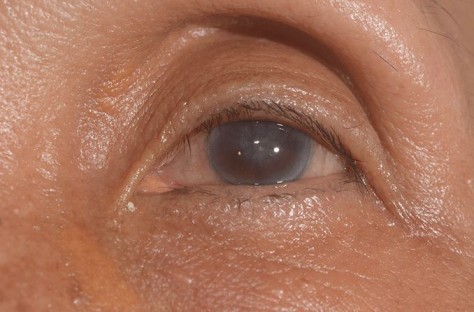
A cold compress can help soothe mild irritation and swelling. Avoid rubbing your eye, as it can slow healing.
Dos and Don’ts for a Smooth Recovery
✅ Use prescribed eye drops ✅ Wear protective sunglasses ✅ Rest your eyes ❌ Avoid strenuous activities ❌ Don’t rub your eye
Timeline of Recovery
First 24 Hours
- Blurry vision and mild discomfort
- Need to wear an eye shield at night
First Week
- Vision improves gradually
- Sensitivity to light decreases
Full Recovery Period
- Complete healing in 4-6 weeks
- Minimal discomfort after the first few days
Factors That Affect Pain Levels
- Age and overall health: Younger patients may recover faster.
- Type of surgery: Laser-assisted surgery often leads to quicker healing.
- Individual pain tolerance: Pain perception varies from person to person.
Tips for a Comfortable Recovery
- Follow your doctor’s instructions carefully.
- Avoid dusty environments to prevent irritation.
- Stay hydrated and maintain a healthy diet to support healing.
When to Contact Your Doctor
While some discomfort is normal, seek medical attention if you experience:
- Persistent severe pain
- Sudden vision loss
- Signs of infection (redness, swelling, or discharge)
Myths About Cataract Surgery Pain
- Myth: Cataract surgery is painful.
Fact: The procedure is virtually painless. - Myth: Recovery is long and painful.
Fact: Most patients recover quickly with minimal discomfort.
Author Details:
Dr. Sushruth Appajigowda holds a prominent position as a Cornea, Cataract, Glaucoma, and LASIK Surgeon in Bangalore. He serves as the chief Cataract and Refractive surgeon at Vijaya Nethralaya Eye Hospital, Nagarbhavi Bangalore. Renowned as one of the finest LASIK surgeons nationwide, he brings with him over 12+ years of experience across multiple LASIK platforms, including ZEISS, ALCON, SCHWIND, AMO, and Bausch and Lomb. Having successfully conducted over 5000 LASIK procedures, Dr. Sushruth holds the title of a Certified Refractive Surgeon and a Fellow of the All India Collegium Of Ophthalmology. Furthermore, he stands as a distinguished speaker at various National and International Forums, using his expertise to guide you in selecting the most suitable procedure based on your health requirements.

http://vijayanethralaya.com/link-in-bio/
Conclusion:
Cataract surgery recovery is typically smooth and pain-free, with only minor discomfort. Following post-surgery guidelines and attending follow-ups ensure a hassle-free healing process. If you’re considering the procedure, rest assured that the recovery is much easier than you might expect!
FAQs:
1. How long does discomfort last after cataract surgery?
Most discomfort subsides within a few days, with full recovery taking about 4-6 weeks.
2. Can I take painkillers after cataract surgery?
Mild discomfort can be managed with over-the-counter pain relievers, but always consult your doctor first.
3. What are the signs of complications after cataract surgery?
Severe pain, sudden vision loss, redness, or swelling should be reported to your doctor immediately.
4. Is cataract surgery recovery more painful for older adults?
No, but healing time may vary based on overall health.
5. What can I do to speed up my healing process?
Follow post-surgery care instructions, use prescribed drops, and avoid eye strain.

